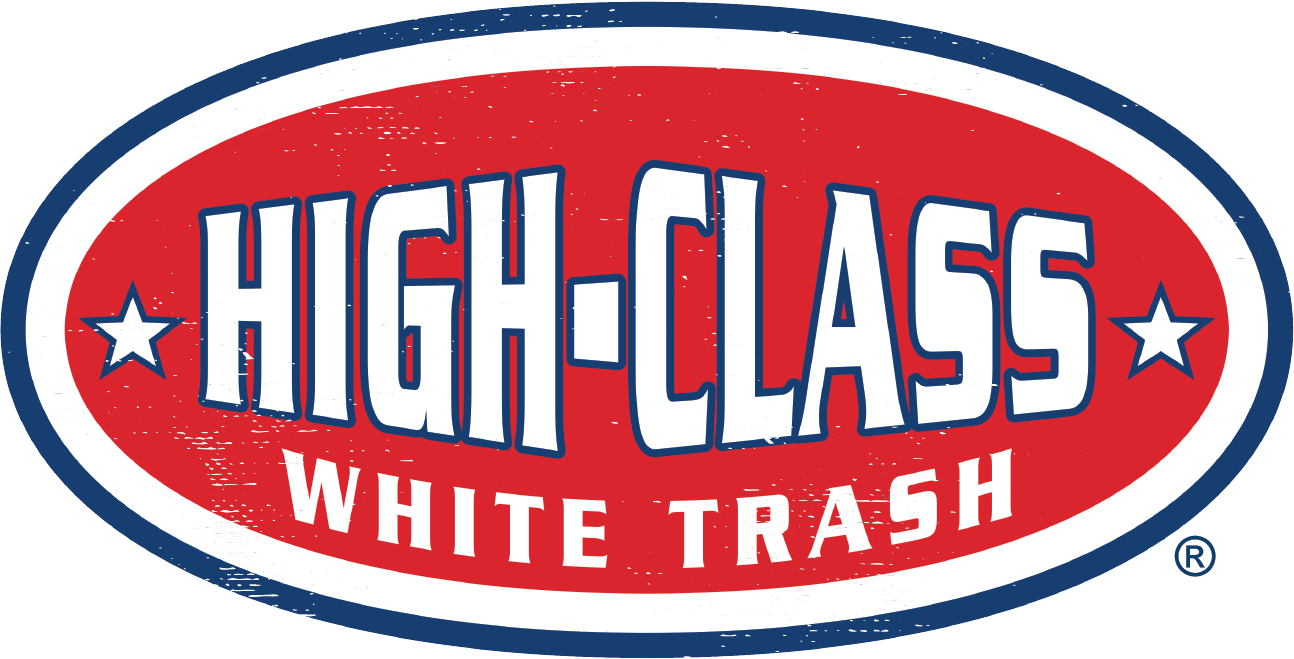Introduction
In the heart of America's bustling cities and quiet towns thrives a community often overshadowed yet pivotal: the blue-collar worker. This segment of society is more than just the backbone of the industrial world; it's a rich tapestry woven with pride, resilience, and a profound connection to both work and community. Understanding the psychology of blue-collar pride is essential for appreciating the sheer tenacity and spirit that drive these individuals to excel in their roles, despite facing numerous challenges.
The Roots of Blue-Collar Identity
Blue-collar pride is deeply entrenched in the history and culture of the American workforce. This pride is not just about what they do; it’s about who they are. The connection to their work is often passed down through generations, creating a legacy of skill, dedication, and integrity.
Historical Context
- Legacy of Skill: Many blue-collar roles are seen as crafts, with skills honed over decades and passed down through family lines.
- Community Impact: Blue-collar work often results in tangible outcomes that significantly impact local communities, enhancing a worker's sense of contribution.
Psychological Underpinnings of Work Ethic
The blue-collar work ethic is a blend of psychological factors that motivate a person to persevere, often in physically demanding and challenging environments.
Intrinsic Motivation
At the core, many blue-collar workers are driven by intrinsic motivation. This is a psychological phenomenon where individuals engage in an activity for the inherent satisfaction and challenge it presents, rather than for some separable outcome.
The Role of Autonomy and Mastery
- Autonomy: Blue-collar jobs often provide workers with a sense of control over their tasks and decisions, leading to a strong sense of personal responsibility.
- Mastery: There is a profound satisfaction derived from mastering trades and skills that demand precision and expertise.
Community and Solidarity
A significant aspect of blue-collar pride stems from the solidarity and community within these professions. There is a camaraderie born out of shared experiences and common goals that bolsters individual and collective pride.
Shared Experiences
- Shared Struggles: The shared hardships, like long hours and physical strain, forge a strong communal bond.
- Collective Achievements: Achievements are often celebrated as a team, reinforcing the community spirit.
Challenges and Resilience
Despite the intrinsic pride and motivation, blue-collar workers face numerous challenges that test their resolve and resilience.
Modern Challenges
From automation to outsourcing, the threats to blue-collar jobs are multifaceted and growing. Yet, the response from these workers is often one of incredible resilience and adaptability.
Maintaining Pride Amidst Adversity
Understanding and supporting the pride of blue-collar workers is crucial. As detailed in a recent study on organizational aesthetics and blue-collar workers, despite the challenges of modernity, their connection to work and community remains robust and defiant Emerald Insight.
Conclusion: Empowering Blue-Collar Workers
The resilience of blue-collar workers is a testament to their deep-seated pride and connection to their work and communities. To support this vital workforce segment effectively, society must adopt policies that acknowledge and bolster their significant contributions:
- Protection of Workers’ Rights: Ensuring fair labor practices and job security.
- Investment in Skills Training: Providing opportunities for upskilling and adapting to new technologies.
- Promotion of Skilled Trades: Elevating the societal value of blue-collar professions.
By fostering an environment that respects and enhances their roles, we not only honor their contributions but also reinforce the cultural fabric of our nation. High-Class White Trash celebrates this ethos, championing the spirit of America's hardworking blue-collar community.
Through understanding and appreciating the psychology of blue-collar pride, we glimpse the soul of a critical, yet often undervalued, part of our society. This insight is not just about respecting their work; it's about recognizing their vital role in our collective identity and future.




